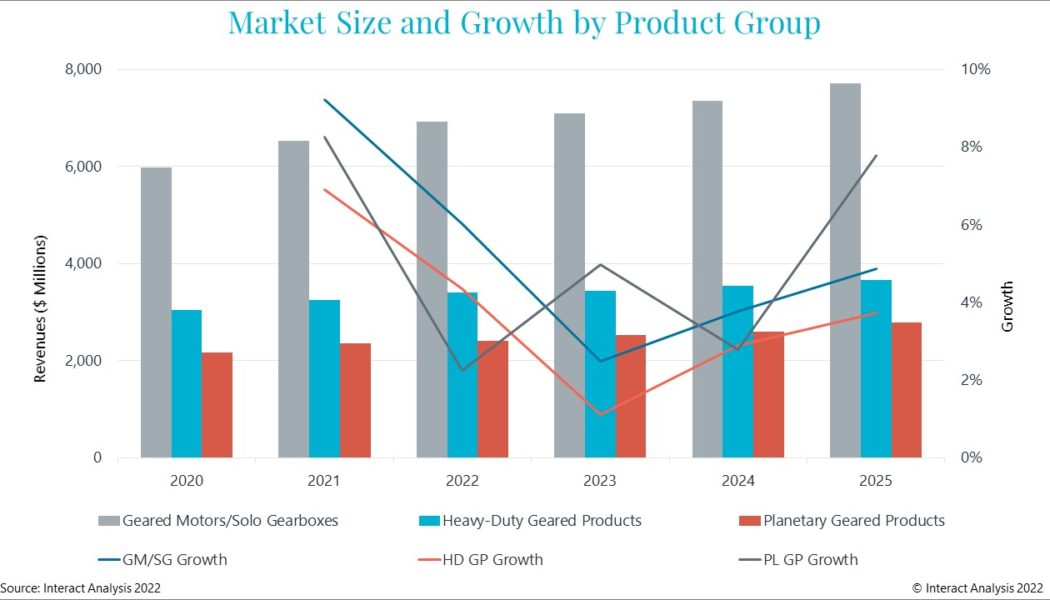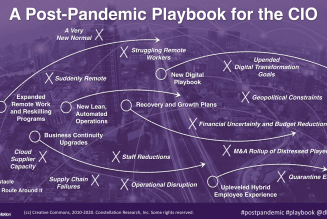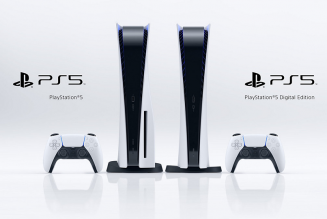COVID-19 triggered an explosion of the global remote workforce and online learning, which created an extraordinary demand for new tech gear. It also forced the shutdown of chip-making facilities around the world and according to industry executives and analysts, returning supply chains to their pre-pandemic state will be a lengthy process.
Demand has far exceeded supply, and for the last two years, we’ve seen a shortage and shipment delays of electronics such as TV’s, mobile phones, computers, cars and game consoles.
According to leading technology research expert Gartner Inc., new restrictions and supply chain disruptions caused by the Omicron variant could further delay the market’s recovery. In a pessimistic scenario, Gartner believes that this would mean shortages could last into the fourth quarter of the year.
These supply chain disruptions, prolonged delays, and increases in prices forced IT leaders to look to the refurbished computer market for the devices they needed to continue business operations. This is according to Kwirirai Rukowo, GM of Qrent, one of the largest suppliers of refurbished IT hardware in South Africa, Zimbabwe, Zambia, and the UK.
“For almost two decades we have been providing our clients with a rental solution for refurbished IT equipment that is cost-effective without compromising on performance and reliability, but nothing could have prepared us for the sudden spike in interest at the onset of the pandemic for refurbished devices such as laptops and desktops.”
“Businesses that were opposed to refurbished IT had to resort to desperate measures when stock of new devices ran out,” continues Rukowo.
“However, over time, as the pandemic surged on, the misconceptions for refurbished products started to dissipate as they realised that they could readily get good as new tech, for less the price,” he says.
Refurbished equipment has been perceived as less reliable and risky, but in fact, it is more reliable because it has been tested more thoroughly before being dispatched to clients. At Qrent, their refurbishment process is a meticulous procedure that puts machines through a thorough data destruction process, refurbishes machines inside and out, and makes all the necessary aesthetic changes. At the end of this process, is a stronger machine that’s faster, has current software with upgraded specs, and is often customisable to the client’s requirements.
Refurbished IT vendors also had the benefit of having equipment readily available as there is no manufacturing time to consider. Gartner adds that those looking to procure devices for their enterprises should watch out for new lockdown announcements, restrictions on the free movement of material and workforce, and delays in capacity expansion.
These may be early indicators that semiconductor shortages will extend further into 2022, leading to continued shortages and long lead times.
Refurbished providers are also addressing a rapidly growing environmental issue by giving businesses a choice to adopt more sustainable practices. In 2021, we discarded 57.4 million tonnes of electronic waste that outweighs the Great Wall of China. The UN predicts that global waste will reach 74Mt by 2030, believing it will be fuelled by higher electric and electronic consumption rates, shorter life cycles, and limited repair options.
The best way to eliminate e-waste is to slow down the production of new products that rely on our finite natural resources by using refurbished equipment. This way, we extend the life of IT equipment to be utilised again and kept away from landfills.
If you are in the market for an electronic device, the secondary IT market is certainly a smart option. Adding refurbished IT into your environment can provide a solid alternative to organisations looking to advance their IT estate without impacting the bottom line significantly.
“Our goal is to shift mindsets and dispel myths about refurbished tech. Not only is immediate availability and cost-saving a vital benefit for refurbished IT in the current market that we are in, but refurbished IT equipment will also play a key role in the world’s transition to more sustainable consumption models by removing the environmental impact from products that are disposed of prematurely when we can still retrieve value from them,” Rukowo concludes.
By Staff Writer.











Tagged: African E-Waste, COVID-19, COVID-19 Economy, COVID-19 in Africa, e-waste, E-Waste in Africa, Enterprise IT, Hardware Waste, IT Hardware, IT Hardware Refurbish, IT News, latest tech news, Qrent, Qrent Africa, Qrent South Africa, Qrent UK, Qrent Zambia, Qrent Zimbabwe, Secondary IT Market, Secondary IT Market Africa, Southern Africa, tech news, tech news africa, technology news, What is the Secondary IT Market